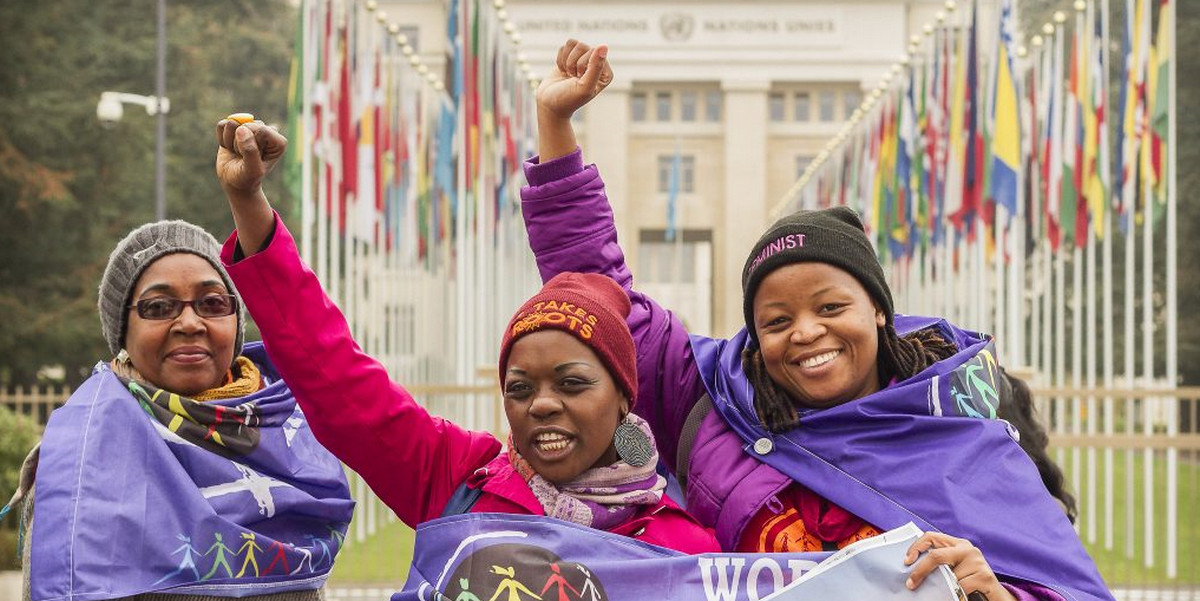CIDSE, together with the European Coalition for Corporate Justice (ECCJ), the European Centre for Constitutional and Human Rights (ECCHR), FIAN, FIDH, Friends of the Earth Europe and SOMO, is launching a new study on the complementarity between the current 3rd draft for a UN Legally Binding Instrument (LBI) on Business and Human Rights and the Corporate Sustainability Due Diligence Directive proposal.
The study is authored by four academic experts: Nadia Bernaz, Markus Krajewski, Kinda Mohamadieh and Virginie Rouas. In their analysis, the authors explain how the intricacy of global value chains and the transnational character of corporate human rights abuse and environmental damage require the two legal instruments to work in tandem. To substantially change the way corporations operate and close the legal accountability gap, States must take action both at the international and EU level.
The study highlights how the two draft texts already present promising areas of compatibility, such as access to justice and legal liability, and those in which EU Member States should work both within the Union and in the Human Rights Council to address possible points of divergence.
The analysis also shows how the legislative process for the new Directive crystallises the EU competence on the issue, and opens a path to engage in the negotiation as a bloc with a clear mandate – involving both the Commission and Member States.
In an accompanying policy paper, CIDSE and its civil society allies highlight how the lack of engagement from the EU and its Member States in the negotiations remains the major obstacle to a coherent and effective international legal framework to protect our human family and Common Home from dangerous corporate activities and put forward concrete recommendations for EU Member States.
RECOMMENDATIONS
- The European Commission and European External Action Service should immediately submit a recommendation to the Council to agree a common position and obtain a mandate to engage in the negotiations for the UN Legally Binding Instrument, and Member States should work to ensure the EU submits such a request as soon as possible;
- The EU and Member States should participate actively and constructively in the UN Treaty negotiations including the upcoming 8th session of the Open-Ended Intergovernmental Working Group in Geneva (24 – 28 October 2022);
- The European Commission, European Parliament and Member States should ensure complementary and ambitious European and international instruments laying out a robust and substantive corporate duty, and going beyond to ensure strong liability provisions, access to justice and effective remedy for affected people.
Additional reading
“Why isn’t the EU more engaged in the Binding Treaty negotiations?”.
Article by Giuseppe Cioffo/CIDSE & Jill McArdle/Friends of the Earth Europe, originally published by the Business & Human Rights Resource Centre on October 3, 2022.
Contact: Giuseppe Cioffo, Corporate Regulation Officer, CIDSE

